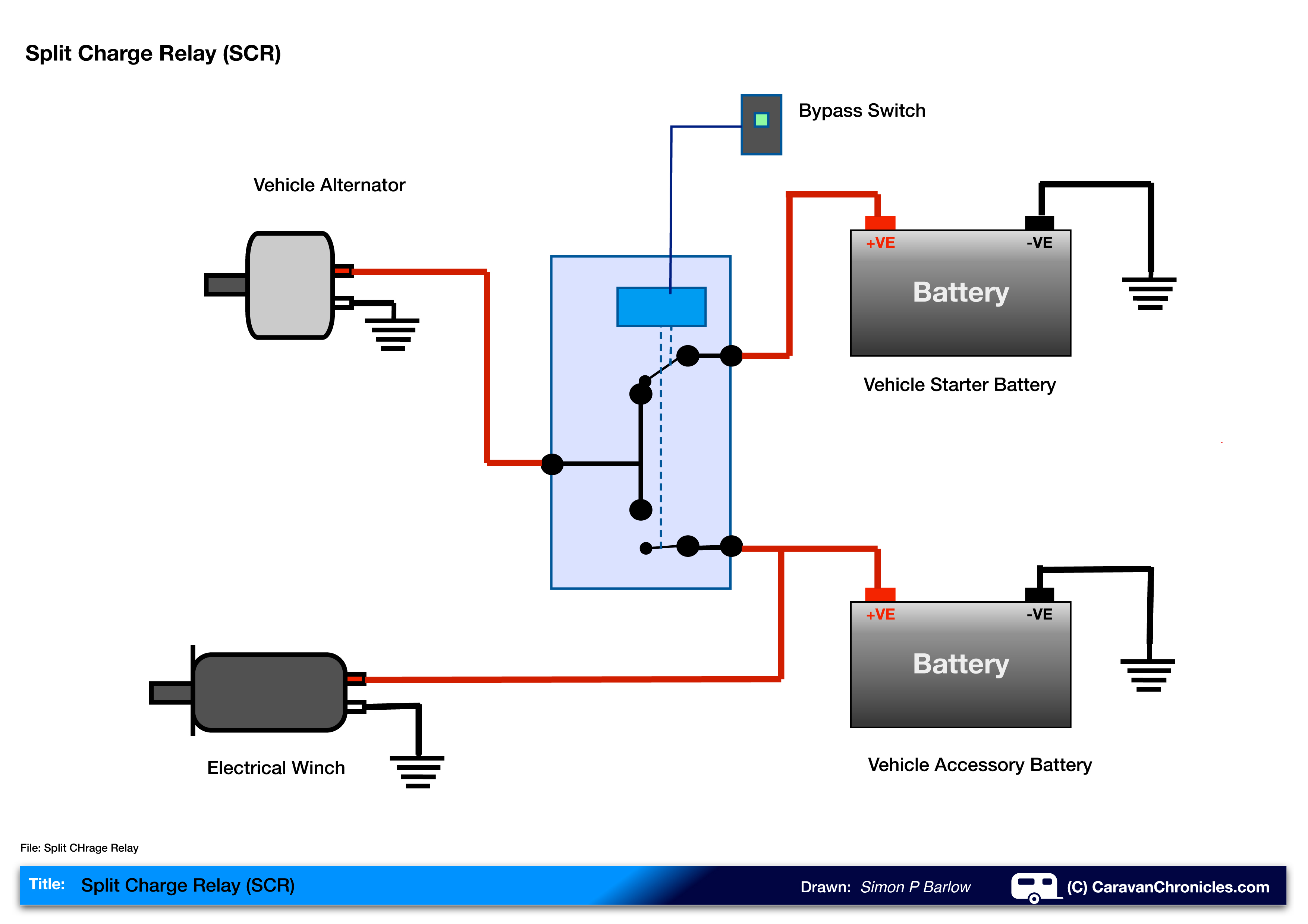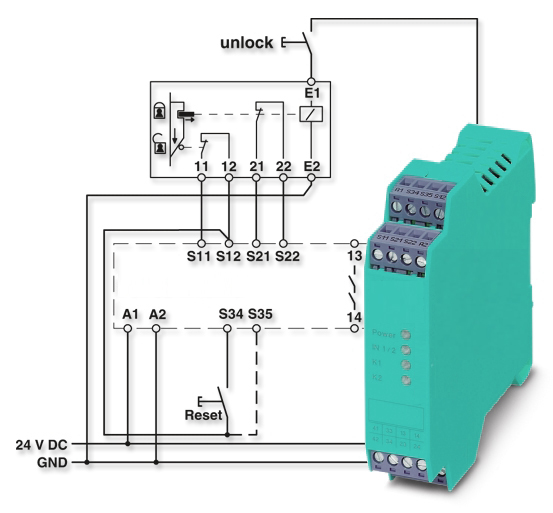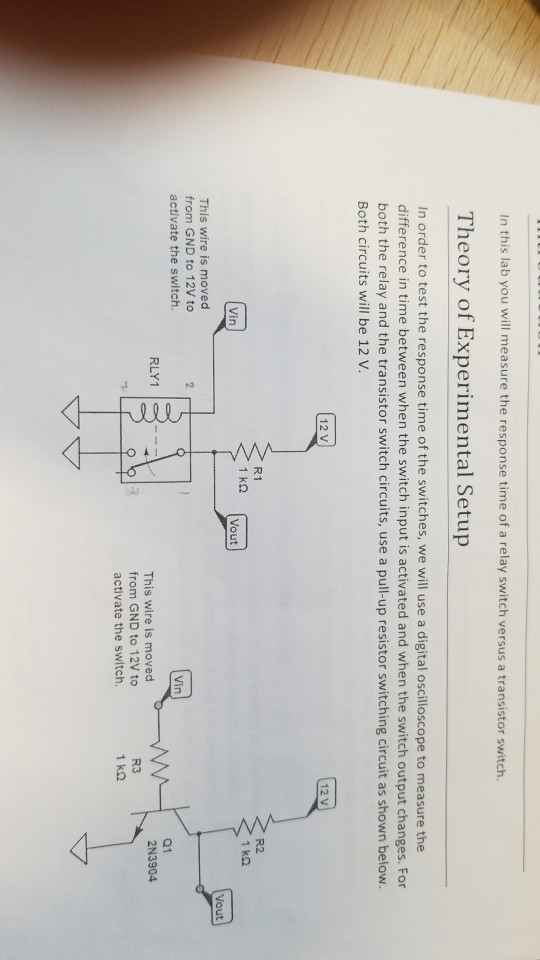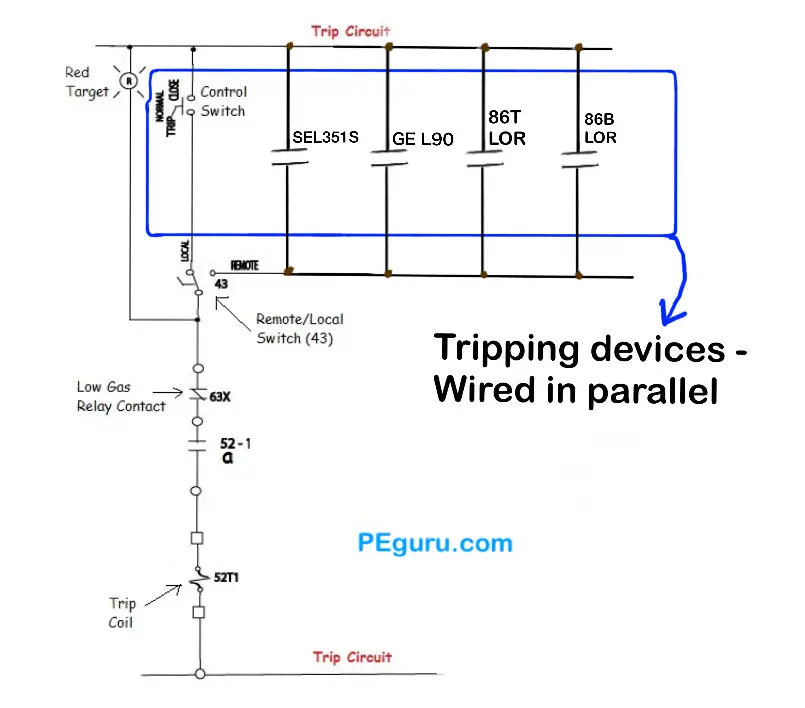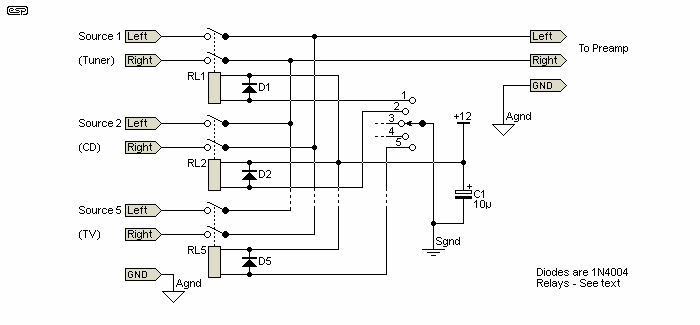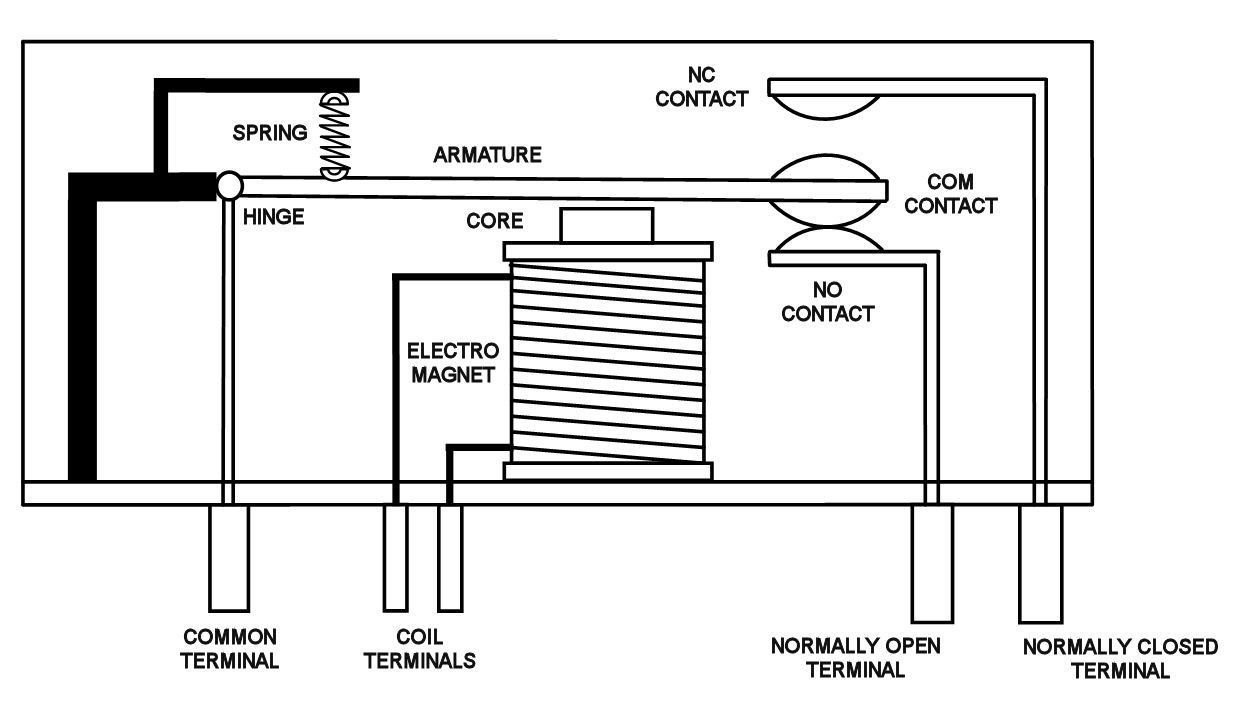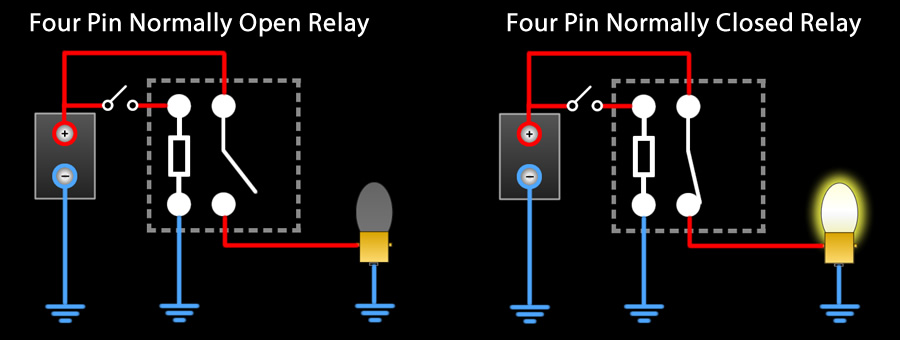The basic principle of operation of the contactor and the relay are the same. Etymology 1 from etyl of uncertain origin.
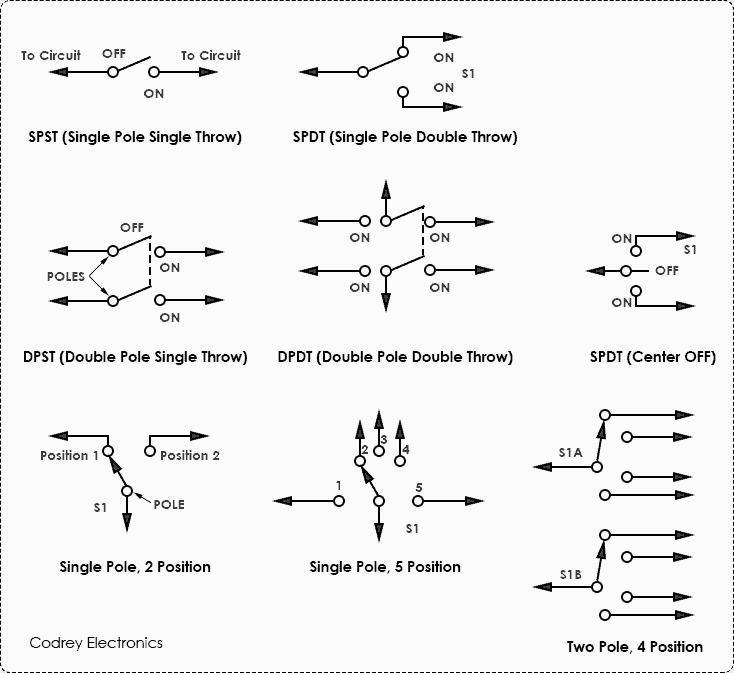
Difference Between Relay And Switch Codrey Electronics
Difference between switch and relay. The difference between them is in term of their application and where they are used. This article can give you a clear picture of the difference between relays and contactors. Relays and switches are basic electronic components used in homes and industrial controls. The main difference between relay and switch is that the relay is a electrically operated switch and switch is a electrical component that can break an electrical circuit. Relay vs contactor explained. Charles dickens dombey and son.
Contactor is an electromagnetic switch which can be operated by giving external power supply. Relay and contactor are functionally doing same duty but the major difference between relay and contactor is that contactor can carry huge amount of current but relay can carry only less amount of current from 01 a to 20 a. As verbs the difference between relay and switch is that relay is obsoleteintransitivehunting to release a new set of hounds or relay can be re lay while switch is to exchange. The main difference between relay and contactor is relay is a low power device whereas contactor is high power device. Both of them have their unique advantages and disadvantages. In this we are going to see the 7 difference between relay and contactors.
They are some difference between relay and switch in their functionality mechanical design and stability. The current carrying capacity of the contactors contact tips are high and. Both of them are electrically operated switches used for control and switching of loads. Noun by extension a new set of anything. Another important difference between the contactor and relay is as the switching speed of the relays are very much faster than contactors. There is a snaky gleam in her hard grey eye as of anticipated rounds of buttered toast relays of hot chops worryings and quellings of young children sharp snappings.
